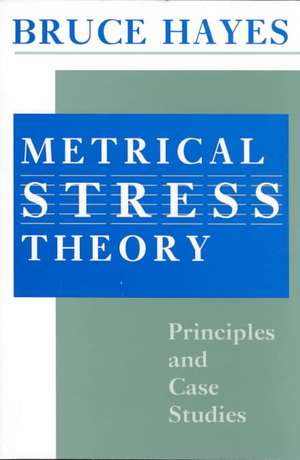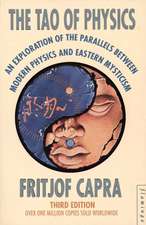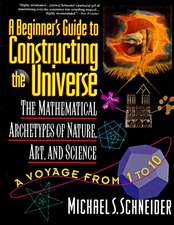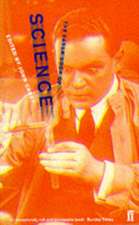Metrical Stress Theory: Principles and Case Studies
Autor Bruce Hayesen Limba Engleză Paperback – 1995
In this account of metrical stress theory, Bruce Hayes builds on the notion that stress constitutes linguistic rhythm—that stress patterns are rhythmically organized, and that formal structures proposed for rhythm can provide a suitable account of stress. Through an extensive typological survey of word stress rules that uncovers widespread asymmetries, he identifies a fundamental distinction between iambic and trochaic rhythm, called the "Iambic/Trochaic law," and argues that it has pervasive effects among the rules and structures responsible for stress.
Hayes incorporates the iambic/trochaic opposition into a general theory of word stress assignment, intended to account for all languages in which stress is assigned on phonological as opposed to morphological principles. His theory addresses particularly problematic areas in metrical work, such as ternary stress and unusual weight distinctions, and he proposes new theoretical accounts of them. Attempting to take more seriously the claim of generative grammar to be an account of linguistic universals, Hayes proposes analyses for the stress patterns of over 150 languages.
Hayes compares his own innovative views with alternatives from the literature, allowing students to gain an overview of the field. Metrical Stress Theory should interest all who seek to understand the role of stress in language.
Hayes incorporates the iambic/trochaic opposition into a general theory of word stress assignment, intended to account for all languages in which stress is assigned on phonological as opposed to morphological principles. His theory addresses particularly problematic areas in metrical work, such as ternary stress and unusual weight distinctions, and he proposes new theoretical accounts of them. Attempting to take more seriously the claim of generative grammar to be an account of linguistic universals, Hayes proposes analyses for the stress patterns of over 150 languages.
Hayes compares his own innovative views with alternatives from the literature, allowing students to gain an overview of the field. Metrical Stress Theory should interest all who seek to understand the role of stress in language.
Preț: 490.46 lei
Nou
Puncte Express: 736
Preț estimativ în valută:
93.86€ • 97.63$ • 77.49£
93.86€ • 97.63$ • 77.49£
Carte tipărită la comandă
Livrare economică 14-28 aprilie
Preluare comenzi: 021 569.72.76
Specificații
ISBN-13: 9780226321042
ISBN-10: 0226321045
Pagini: 472
Dimensiuni: 152 x 229 x 28 mm
Greutate: 0.65 kg
Ediția:1
Editura: University of Chicago Press
Colecția University of Chicago Press
ISBN-10: 0226321045
Pagini: 472
Dimensiuni: 152 x 229 x 28 mm
Greutate: 0.65 kg
Ediția:1
Editura: University of Chicago Press
Colecția University of Chicago Press
Cuprins
Abbreviations
Acknowledgments
1: Introduction
2: Diagnosing Stress Patterns
3: Background
4: Foot Inventory
5: Further Elements of the Theory
6: Case Studies
7: Syllable Weight
8: Ternary Alternation and Weak Local Parsing
9: Phrasal Stress
10: Theoretical Synopsis and Conclusion
References
Index of Names
Index of Languages and Language Families
Index of Subjects
Acknowledgments
1: Introduction
2: Diagnosing Stress Patterns
3: Background
4: Foot Inventory
5: Further Elements of the Theory
6: Case Studies
7: Syllable Weight
8: Ternary Alternation and Weak Local Parsing
9: Phrasal Stress
10: Theoretical Synopsis and Conclusion
References
Index of Names
Index of Languages and Language Families
Index of Subjects
















